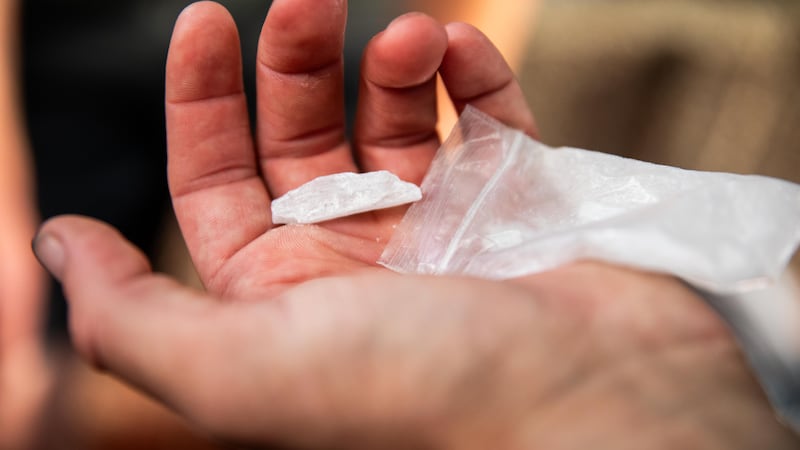WW has learned that city of Portland, Multnomah County and Oregon state officials have discussed adding a new element to the city’s mass tiny home encampment at the Clinton Triangle in Southeast Portland: detoxification beds where campers could get clean from fentanyl and other hard drugs.
The conversation comes as the city, county and state are in the midst of a self-declared 90-day “fentanyl emergency,” seeking to crack down on possession of the powerful synthetic opioid that sells for as little as $1 a pill. That crisis is exacerbated by the lack of a sobering center; the city shut down its sole sobering center in early 2020 when workers became overwhelmed by the erratic behaviors caused by increased methamphetamine psychosis. The shuttering of the center left cops, firefighters and outreach workers with few options—and no good ones—for where to take users in need of a safe place to come down from a high.
But now, local and state officials are considering cobbling together a detoxlike facility at the city’s Clinton Triangle encampment, which currently comprises 160 tiny homes and offers people basic services as they seek more permanent housing. The encampment is run by Urban Alchemy, a San-Fransisco-based nonprofit that runs similar temporary shelter sites in other cities.
“The Incident Command team under the 90-day fentanyl emergency are exploring a variety of options, including potential stabilization options at the Clinton Triangle,” says Cody Bowman, spokesman for Mayor Ted Wheeler. “This is one idea of many that are being discussed, though nothing has been confirmed yet.”
However, WW obtained an email sent this week by a top Urban Alchemy manager that would suggest the plans are more concrete than that. In that email, the top manager said that a minimum of 10 detox beds would be opened at the Clinton Triangle site in early April while campers there await longer-term treatment beds—a highly sought but scarce commodity. It’s unclear who would run the detox beds.
For years, city and county officials have fumbled plans to open a new sobering center, with the primary point of contention being who would pay to build and operate such a facility.
Earlier this year, the county unveiled another blueprint for what a sobering center would look like. This time, the county proposed, the 24/7 center would take both willing participants and people brought against their will by law enforcement. The Oregon Legislature passed a bill in this month’s short session to fund the $25 million build-out of the facility. It would cost $14 million annually to operate the center, a cost burden that would fall on the city and county with the help of matching funds from the state.
